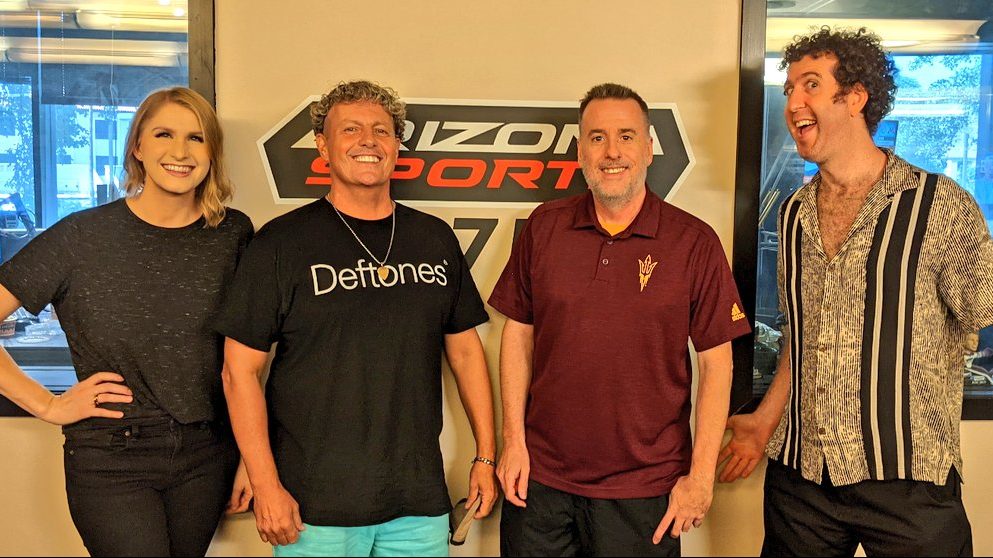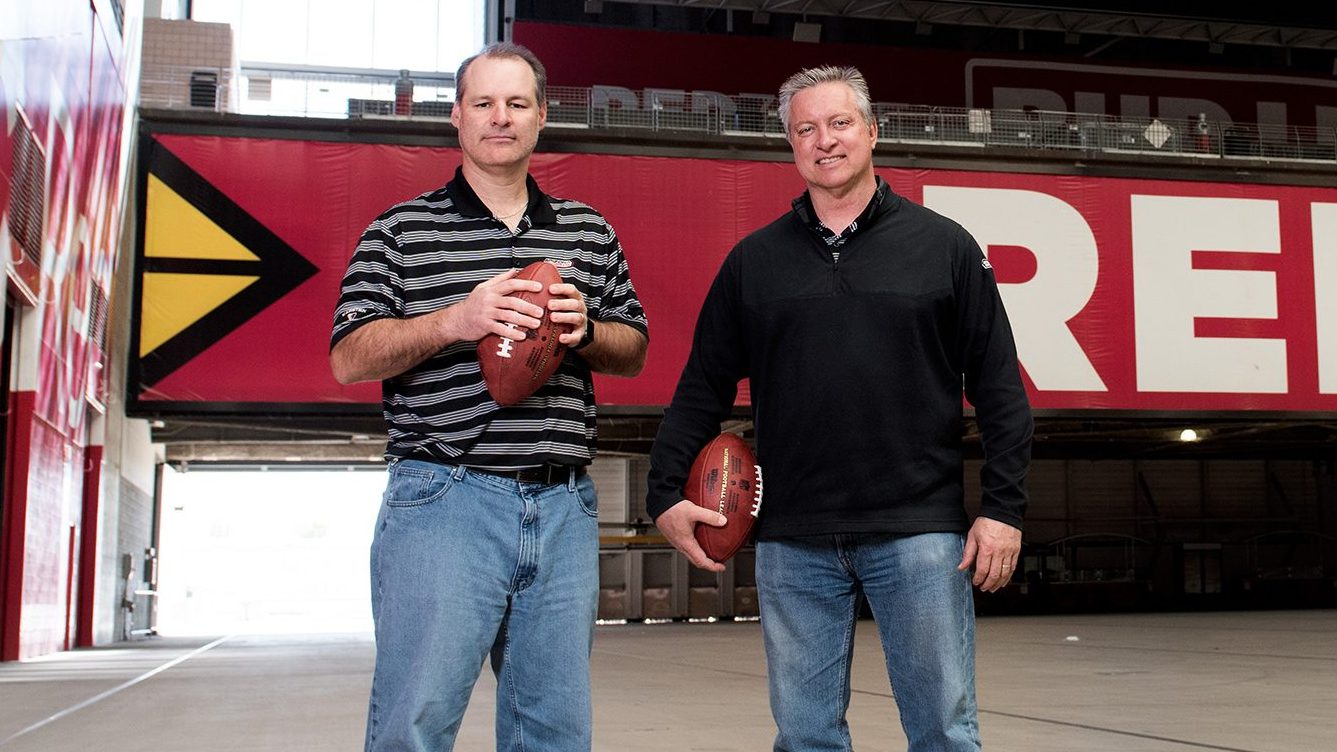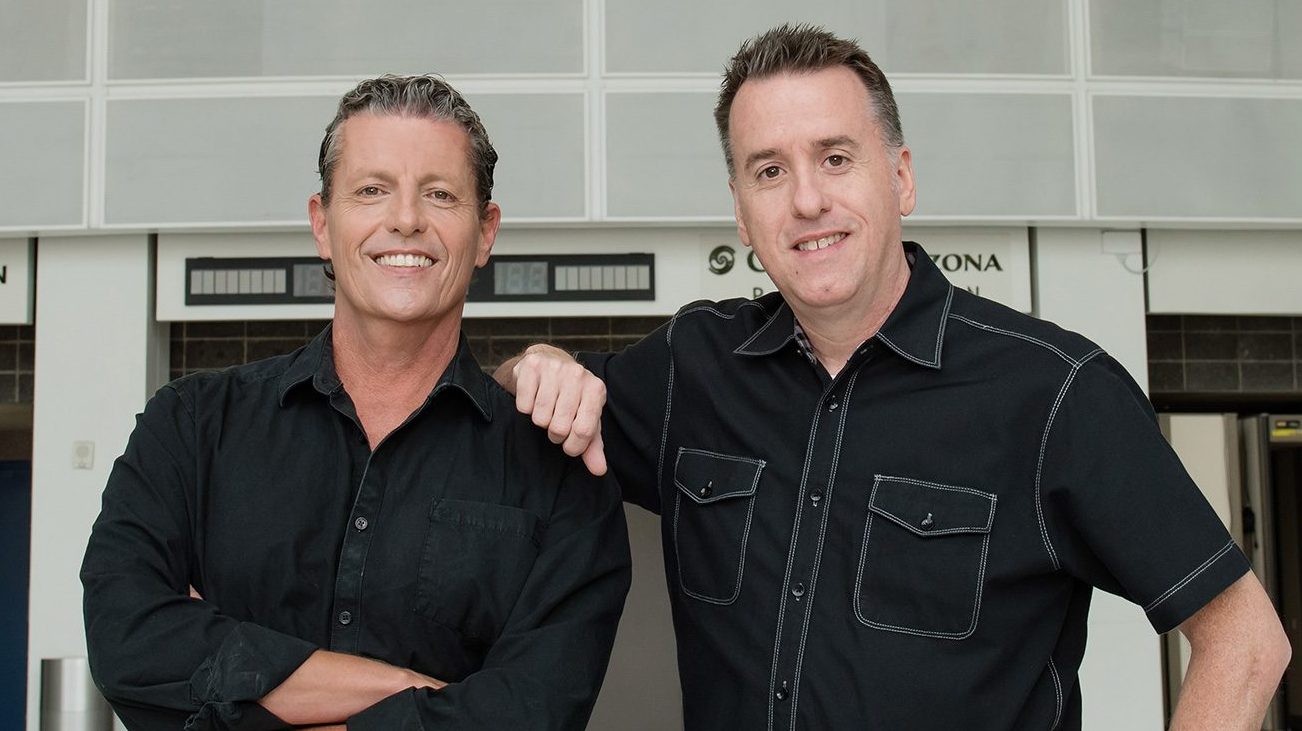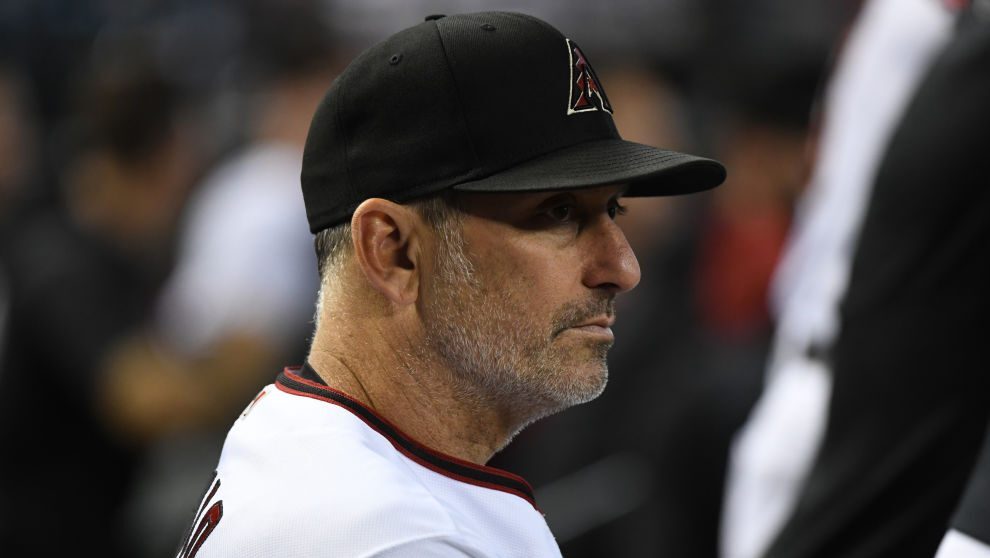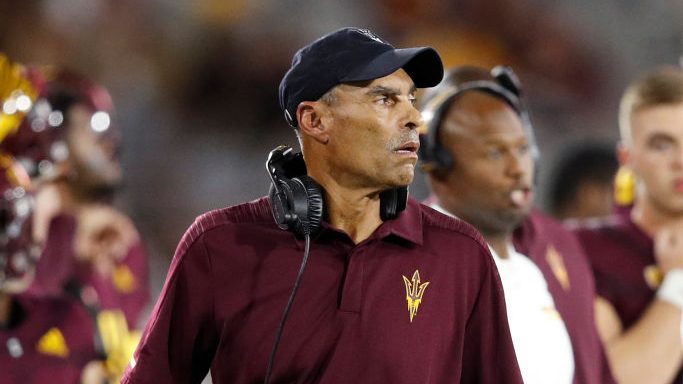Watson uses lessons learned as a player to help coach his young Suns
Nov 29, 2016, 12:23 PM | Updated: 2:30 pm
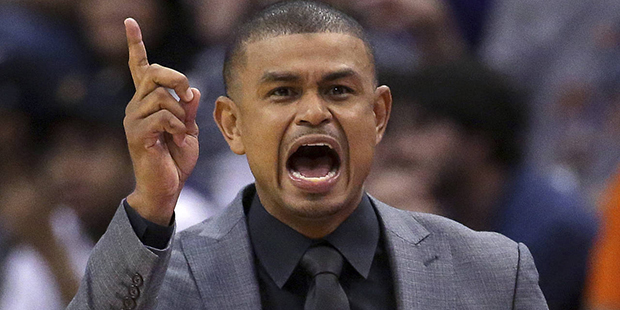
Phoenix Suns head coach Earl Watson calls a play during the first half of an NBA basketball game against the Sacramento Kings, Wednesday, Oct. 26, 2016, in Phoenix. (AP Photo/Matt York)
(AP Photo/Matt York)
At 5-13, the Phoenix Suns are in 14th place in the Western Conference, and despite not reeling in wins this season, Suns head coach Earl Watson is trying to building an environment where young players can flourish.
Utilizing his past experiences from when he first started out in the league as a player, Watson is trying to teach his guys how to be pros and what to show them so that they can play at this level. When Watson joined Doug and Wolf on Arizona Sports 98.7 FM Tuesday morning, he talked about how the Suns were doing overall, and what he hopes to accomplish by giving his players tough love.
“In sports you’re either building or going backwards, there’s no standstill,” Watson said. “So momentum is very important to have in all areas of basketball. You know, when we talk about it’s not just on the court it’s beyond the court.”
It has been no secret that the Suns are in the midst of finding their identity, and they are going to roll with the punches throughout the process. The Suns have started the youngest lineup in team history this season, sporting three teenagers on the roster at the beginning of the season in Devin Booker Marquese Chriss and Dragan Bender.
For young players to develop, Watson believes a coach has to be willing to tell them the truth.
“I only know one way, and I’m really big on the love, nurture, teach, and sometimes love is brutally honest,” Watson said. “The greatest sin of any coach is to sit here and tell a lie to a player and tell him you’re doing well or whatever it may be. You sometimes have to be brutally honest because you love them.”
Watson told a story from early in his playing days about how he was acting like a “spoiled UCLA kid,” and was complaining about his playing time with the Grizzlies. His coach, Hubie Brown, stood him up in the middle of a circle, and Watson said expletives were thrown his way for 15 minutes while general manager and NBA legend Jerry West watched from the sideline. A shaken up Watson asked West to “get me out of here,” and West invited him over to explain what happened.
“I went to Jerry’s house for dinner, and I’ve known Jerry since I was 17, and Jerry told me, ‘Coach Brown was going to make me a better person, a better player, and teach (you) how to be a man,’ and I stayed,” Watson said. “I talk to Coach Brown once every two weeks, today. I love him for that moment, because it was like my dad grabbed me and said, ‘Hey, you need to grow up,’ and you need that a lot with young teams and building a culture.”
Watson added that’s the reason why he pushes Booker so much, because he knows what he can be. He knows Booker can take that kind of coaching, because he responded by scoring 25 points in the second half (last game against the Denver Nuggets). But there are players who won’t respond the same as Booker, though Watson likes to think that even if it doesn’t help them now, that it will help them down the road.
“You have immediate reactions, and you have long-term attitude reactions,” he said. “But everything I said, whether they take it or they don’t take it, they’re going to always think about it, and if they don’t get it today, hopefully they get it 10 years from now when they see me somewhere and say, ‘Thank you, that helped.'”


